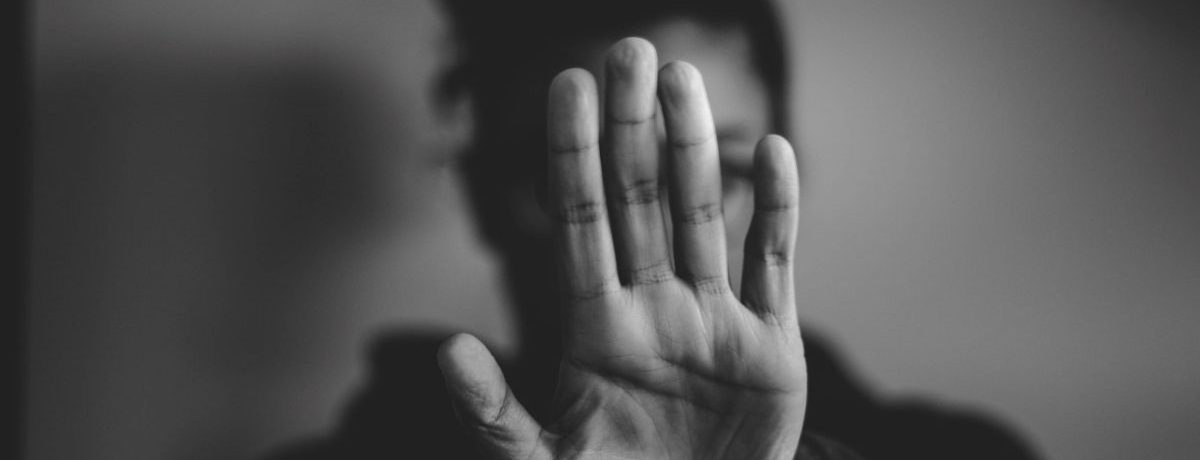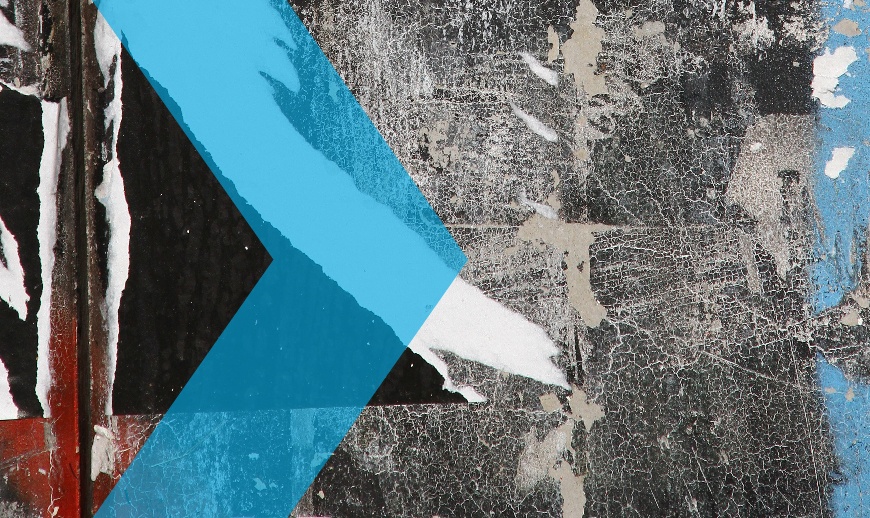Indigenous women in Guatemala experience high rates of violence and are confronted with numerous barriers when seeking out justice. Here’s how Dexis is working to provide comprehensive support in response.
Guatemala has the unfortunate status as one of the most dangerous places for women in Latin America. Forms of gender-based violence (GBV), including rape, intimate partner violence, femicide, and forced marriage, are all too common and are frequently treated with impunity when survivors attempt to access justice. As challenging as this pervasively violent environment is for all women, indigenous women face compounded challenges that all too often go unnoticed.
Indigenous women in Guatemala also have lower incomes than their male counterparts and struggle with lower levels of literacy. As UN Women notes, “it is no exaggeration to say that Guatemala’s nearly four million indigenous women are marginalized from the economy, excluded from educational opportunities, and underrepresented in all spheres of political power.”
Along with the high rates of violence they experience, indigenous women face numerous barriers when seeking justice, such as limited access to efficient services, a lack of knowledge on how to report crimes, limited geographic coverage of services, a general lack of services in their language, and limited understanding of their rights, among others.
Working with community networks to provide comprehensive care
As part of Dexis’ continuing work to support justice for women in Guatemala, the USAID/Guatemala Justice and Transparency Project recognizes the specific precarious and vulnerable conditions experienced by indigenous women. The project provides technical assistance to create community networks that provide comprehensive care to indigenous women in seven communities in the departments of Quiché and Sololá.
Working in partnership with these networks, the Justice and Transparency Project strives to increase the possibility of reporting crimes by offering culturally sensitive support in indigenous languages. These joint efforts with local communities include the following:
Developing products such as a glossary of legal terms in indigenous languages and training interpreters to improve access to justice for indigenous women;
Training indigenous women leaders to help them adequately participate in decision-making, including on the rights of women and indigenous people, the operation of community development councils, and ways of reporting violence against women in the official justice system;
Providing technical assistance to staff at the Defender of Indigenous Women Office (Defensoría de la Mujer Indígena or “DEMI” in Spanish) in standards for litigating cases of sexual violence against indigenous and migrant women; and
Supporting the implementation of the Children’s Court and the establishment of a children’s network comprising more than 30 state institutions and NGOs that provide specialized services to indigenous girls who are victims of violence. To date, more than 1,000 indigenous children who are victims of violence have received protection from this court.
Partnering with indigenous women’s groups to combat gender-based violence
In addition, the project works in partnership with indigenous women’s groups like Asociación Por Nosotras Ixmukané. Grant funding from the Justice and Transparency Project is helping them combat GBV at the local level. Asociación Por Nosotras Ixmukané is using this support to demystify cultural patterns that adversely affect gender-based violence at the community level, enhance the capacities of community leaders to provide care and attention to women survivors of violence, and create community networks to provide comprehensive care and support survivors’ access to justice.
What’s next?
The next step for the community networks is to create alliances with other entities (e.g., indigenous healers, midwives, schools, police, and others) to broaden support services for survivors of violence. These broader alliance members need to learn how to be more sensitive to victims’ needs, embrace best practices, and improve their services based on a better understanding of violence against women as a violation of human rights. Improved knowledge of the cycle of violence and the phases victims go through will enable them to provide better services, overall.
As indigenous women face discrimination due to a deeply embedded culture of gender inequality, normalization of violence, and systematic impunity by perpetrators of violence against women, support must be multifaceted in nature with a strong focus on empowering indigenous women to exercise their rights. The Justice and Transparency Project will continue to provide support that addresses and responds to the on-the-ground reality of Guatemala and all of its diverse citizenry.
Special thanks to the Dexis team supporting the USAID/Guatemala Justice And Transparency Project for their contributions to this blog.
Mark Aumann/Shutterstock.com





